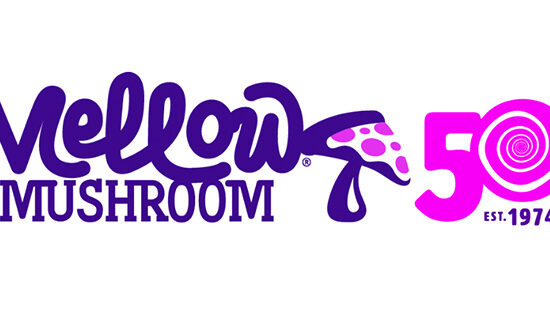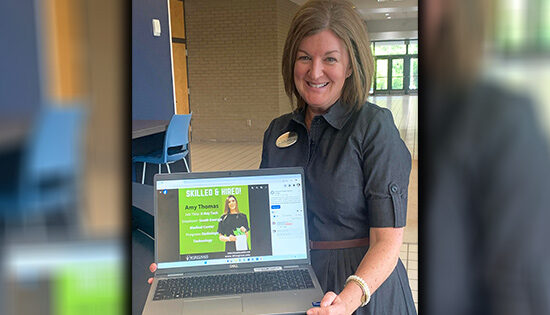Hankamer School of Business, Baylor University:
Baylor researcher offers managerial tips to help servers reconsider retaliation (aka spitting in the food)
WACO – As long as there are servers in restaurants, there will be disagreeable customers who give them a hard time. Are those customers always right? And how should a server respond?
A server’s response in a tense situation reflects – positively or negatively – on the server, the customer and the company, said Emily Hunter, Ph.D., workplace deviance expert and assistant professor of management in Baylor University’s Hankamer School of Business.
“When we think about someone else being right, it tends to make us defensive and argumentative,” Hunter said, adding that, in those situations, it’s in everyone’s best interest to keep revengeful retaliations in check. “If the server can focus on improving the customer’s experience and satisfaction, that is a win-win-win for the server, customer and company.”
Hunter co-authored a study of 438 service employees (servers, hosts/hostesses, bartenders, cashiers, etc.), which showed that the vast majority of those surveyed engaged in some sort of counterproductive workplace behavior when aggravated by a customer. Among the offenses: 79 percent made fun of a customer to someone else; 72 percent lied to a customer; 43 percent argued with a customer; 19 percent confronted a customer about a tip; and 6 percent owned up to contaminating a customer’s food.
“It doesn’t matter so much whether the customer is right or wrong,” Hunter said. “Instead of getting defensive and argumentative, servers can try to remove the question of who is right and reframe the situation, focusing on: ‘How can you make this customer’s experience better?’”
Employers and managers can take preemptive steps to help their employees engage with meal-time curmudgeons. Hunter offered the following tips:
- Train employees to use healthy coping strategies, such as emotional detachment from customer interactions
- Institute an open-door policy so employees feel comfortable to seek management’s help with a customer
- Provide frequent rest breaks to help servers reduce stress, refresh and reenergize
- Empower employees to provide small discounts or reparations as needed
“It is well-known in the research literature that providing employees with greater job control helps employees cope with stressful demands at work,” Hunter said. “Providing servers with more control, flexibility and empowerment to handle customer issues can buffer buildup of stress and prevent employees from retaliating at their customers.”
Editorial note: January is Be Kind to Food Servers Month.












